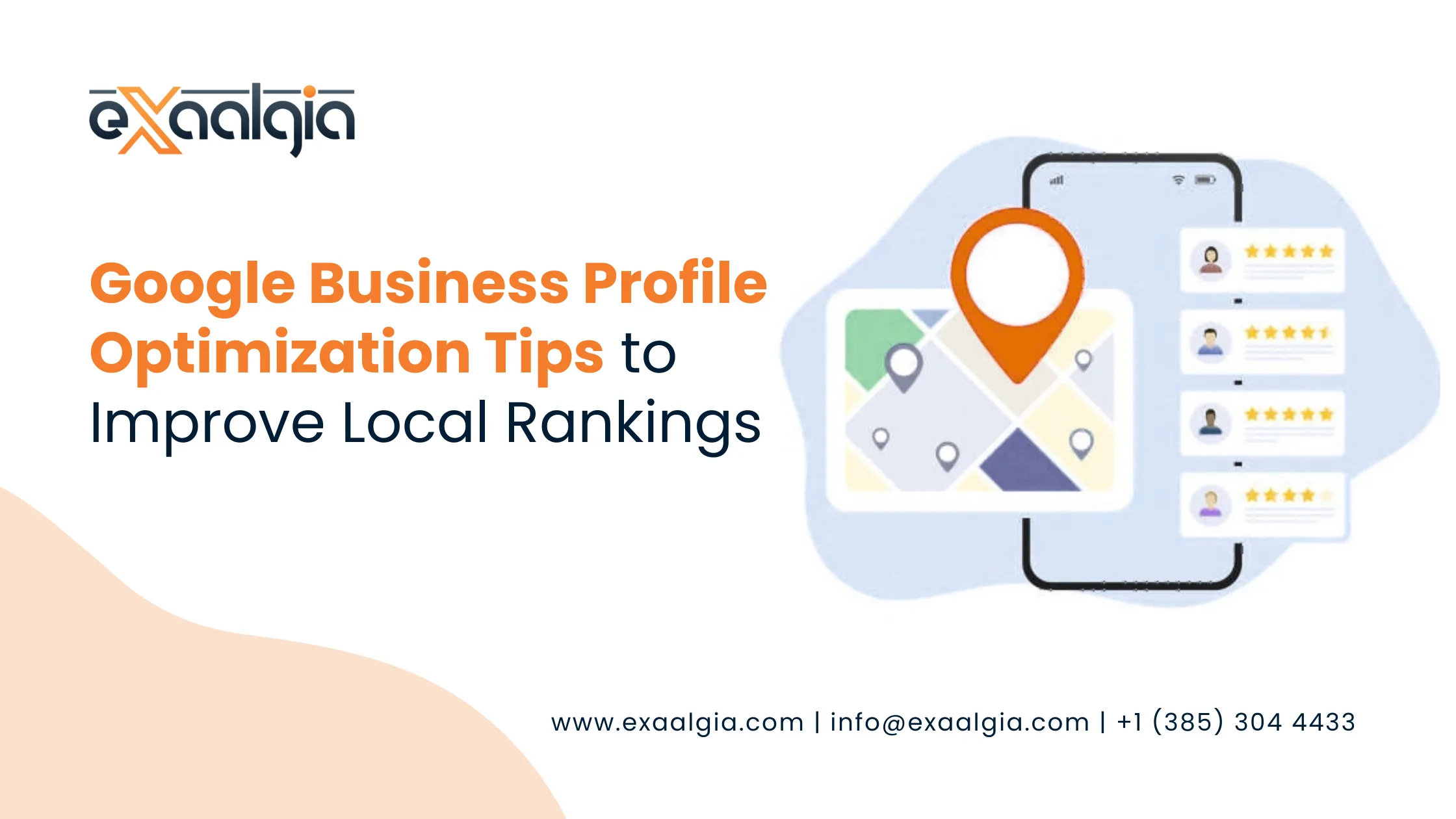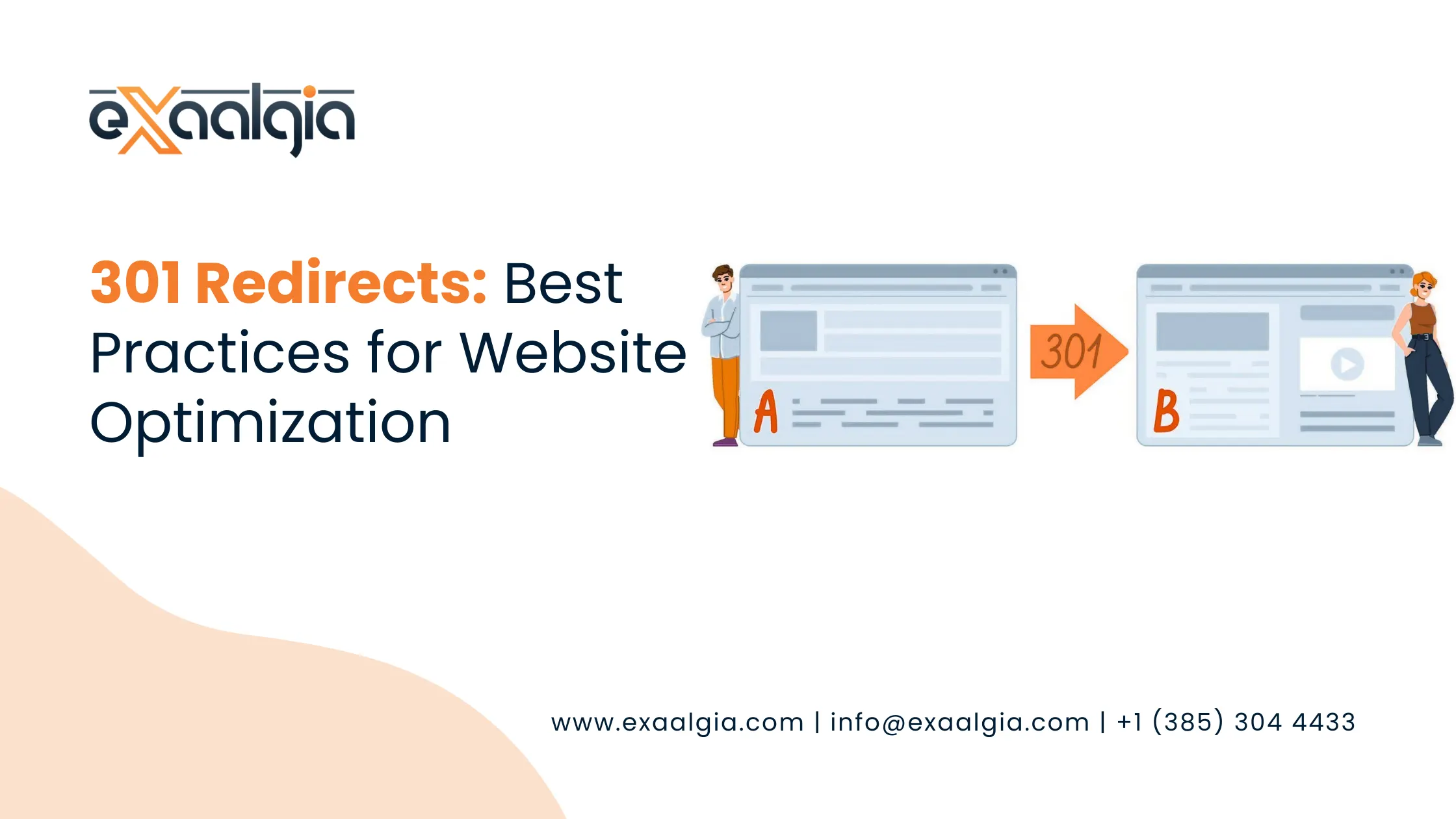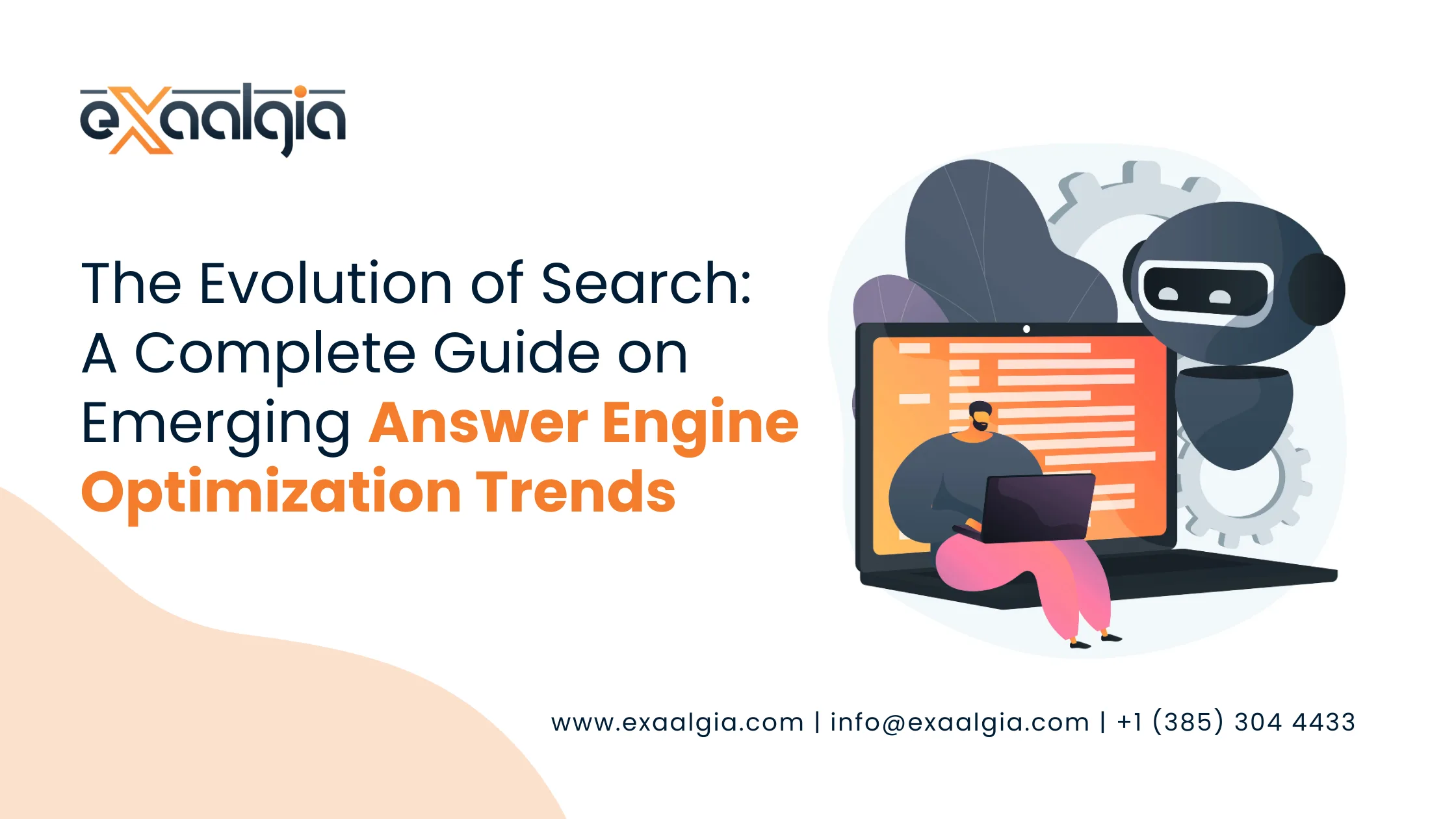We explore in this post the most critical factors that influence Google ranking. Their potential impact on success within SEO means that we will only cover the best factors to watch for in improving your rankings.
Introduction to SEO and Google Ranking Factors
Search Engine Optimization is the technique of optimizing a website so that it can rank highly in search engines like Google. Ranking on the first page of Google is highly essential because most users do not scroll through to more than the first page of the results produced. Google employs a sophisticated algorithm that examines many factors in order to rank a page correctly.
These Google ranking factors are the key to optimizing business or personal presence in the online domain. Knowledge of these factors can help you optimize your website effectively, promote better SEO performance, and therefore bring higher traffic and more conversions.
What is a Google Ranking Factor?
A ranking factor for Google is an element which Google’s algorithm takes into consideration when establishing where a website or a webpage should feature in search results. Ranking factors can be less important than others; all ranking factors are not weighted equally; for instance, content quality and relevance are usually much more important than social signals.
Understanding how these factors work will allow you to maximize your SEO effort on key areas.
What’s Important in Google Ranking Factors?
While there are hundreds of ranking factors of Google, not all are alike. Here are some of the significant ones you need to consider:
Content Quality and Relevance: Quality content that is worth to users fits the purpose of the users.
Backlinks: Links on other reputable sites: They add a load of credibility towards your site.
Mobile-friendliness: Your site has to do well in mobile environments.
Website load speed: this should have improved load speed
UX: Sometimes, during proper analysis, metrics like bounce rate, dwell time, click-through rate (CTR) reflect how users have been experiencing your site.
These are the elements that will ensure a spot on the first page of search results, but they are only the tip of the iceberg.
Let’s dive deeper in the top Google ranking factors which will significantly boost your SEO success.
Our Top Google Ranking Factors for Boosting Page Ranks
High-Quality Content
Content is the king of all ranking factors. Google favors the type of content that is both comprehensive and relevant to what users are searching for. To create quality content:
- It should be well-researched and helpful to your readers.
- Use keyworded terms highly naturally within your content, but don’t overdo it.
- Have answers to several questions most people will ask and make sure your content fulfills user search intent.
Quality content that meets the question asked by a user forms the backbone of any good SEO strategy.
Backlinks
Backlinks are a major ranking factor for Google as they make it clear that others are taking your content seriously and vouching for it. But just like quality, the sort of link has to be taken in consideration:
- Between an authoritative backlink from one of the websites well respected by online users and some low-quality or not related to your niche’s link, the former will weigh much stronger than the latter.
- Instead of trying to buy your way to the top with artificial backlinks through guest blogging, shareable content creation, and industry conversations.
A great backlink profile elevates the rankings and establishes credibility.
Search Intent and Relevancy of Content
Your knowledge of search intent can be enhanced which aids in ranking well. Google focuses on relevance of content to the matching search intent. This, in other words, would be a transactional query-the user wants to buy-or an informational query-the user wants to know something. Your content needs to match the user’s intent.
To optimize for search intent:
- Make use of tools to track keyword intent and find what users are actually looking for.
- Ensure that your content is relevant and gives the answer to the query directly.
Website Loading Speed
Google has stated that page speed is indeed a ranking factor; this is especially with the increasing mobile search. Slow websites may frustrate users or cause them to bounce back at fast rates, which then affects your rankings.
To speed up your website:
- Compress images
- Reduce code and enable browser cache
- Utilize Content Delivery Network for fast content distribution
A fast website aids to improve user experience and increase your probability of making it to top search results.
Mobile Friendliness
Google indexes mobile-first. Google uses the mobile version of your website as the base version to rank. If your website isn’t mobile-friendly, you’re going to be hurt pretty severely in the rankings.
Your website should:
- Be mobile-friendly and have flexibility for different screens.
- Be easy to navigate on a smart phone, with readable text and buttons.
- Load fast on mobile devices because mobile users are used to and expect such speed.
From now on, being mobile-friendly will be an inevitable factor for getting rankings, especially since a lot of mobile phone users are accessing the web nowadays.
Domain Authority
Domain authority is the measure of how good and reliable your domain is. The sites that have a higher domain authority rank better in Google. Domain authority basically originates from:
- Creation of quality and consistent content.
- Backlinks from authorities.
- Good user experience – site performance.
Domain Authority is not ranking factor, but in itself is a good metric for your ranking potential.
Keyword Optimization
Keyword optimization is still a critical SEO technique. Keyword stuffing may hurt your rankings, but keywords used correctly will enhance your visibility.
Keyword optimization best practices:
- Use your main keyword in the title tag, meta description, and early into the content, probably in the first 100 words.
- Long-tail keywords naturally in the post
- LSI keywords for covering the topic on its entirety
Be natural with keyword optimization never pushy
Website Structure
A well-structured website with proper navigation is favored by Google’s algorithm. A simple site structure enhances crawling and indexing of your content by the search engines, hence higher ranks.
Your website must comprise:
- Navigation for customer support within its pages easily accessible using internal links.
- XML sitemaps and correctly configured robots.txt files.
- Proper headings and subheadings for logical hierarchy.
A well-structured website creates a seamless experience for both users and search engines.
Website Security
Google has already revealed that HTTPS is a ranking signal. Sites without SSL certificates, and no encryption over HTTPS may be branded as “Not Secure, thus damaging user’s trust and affecting rankings too.
With HTTPS, you’re protecting user data and enhancing the SEO performance of your site.
On-Page Experience
Another key ranking factor is how users are interacting with your website. Metrics like bounce rate and dwell time and CTR will give Google an idea of how good the quality of experience on the website is.
How to Improve the On-Page Experience?
- Use eye-catching headers and subheadings to break up text.
- Ensure fast loading times and responsive design.
- Use multimedia elements like images, videos, and infographics that enhance the interactive nature of the content.
Improve On-page Experience That may reduce bounce rates and gives a better chance that the user will spend longer periods on your site.
FAQs On Google Ranking Factors
What is Google ranking factors?
Google ranking factors can be described as criteria used by Google’s algorithm in determining the position rank of websites in search results. These are basically the criteria such as content quality, backlinks, and mobile-friendliness.
Which ranking factor is the most important?
All things considered, quality content and backlink are said to be the most crucial ranking factors.
How does mobile optimization improve SEO?
The Google algorithm indexes and ranks websites based on their mobile versions. A website needs to be mobile-friendly to rank high.
What is the importance of backlinks to SEO?
Backlinks tell Google that your website is credible and trustworthy. Quality backlinks from authoritative sites can bring you a remarkably high ranking.
How will I know my SEO performance?
Use tools like Google Analytics, Google Search Console, and third-party tools like SEMrush or Ahrefs to monitor the site’s performance and make data-driven improvements.
Knowing and therefore optimizing for the Google ranking factors will dramatically help your SEO efforts in aiming to establish a spot on the first page of Google rankings. Focus on quality content, mobile-friendliness, and other key points- this will be well on its way to successful SEO.







